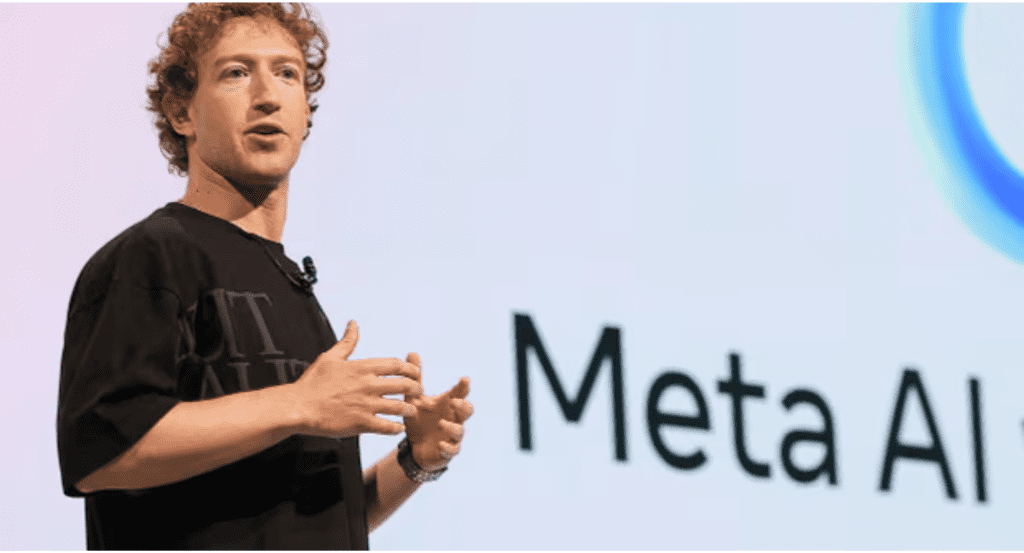Meta, the parent company of Facebook, Instagram, and Threads, is under scrutiny following its decision to scale back fact-checking operations and increase recommendations for political content on its platforms. CEO Mark Zuckerberg defended the move, stating it aims to encourage free speech and create an open environment for diverse perspectives.
The policy shift, announced on January 7, 2025, comes amid mounting criticism of the company’s role in spreading misinformation during key political events. While Meta claims its new approach will reduce censorship and improve user experience, critics argue it could exacerbate the spread of false information, particularly in politically sensitive contexts.
The changes involve scaling down partnerships with third-party fact-checkers and relying more on artificial intelligence to flag potentially misleading content. Zuckerberg emphasized the role of technology in balancing free speech with misinformation management. However, concerns have been raised about the effectiveness of AI tools, which have faced challenges in accurately identifying nuanced or context-specific content.
Meta has also modified its algorithm to recommend more political content, a move seen by some as a response to declining user engagement on its platforms. The decision has sparked debates about whether increasing exposure to political posts aligns with Meta’s stated commitment to fostering constructive dialogue. Critics worry the policy could amplify divisive content, further polarizing online communities.
The backlash has been swift. Advocacy groups and digital rights organizations have voiced concerns about the potential consequences of loosening content moderation. A representative from the Center for Digital Integrity remarked, “This decision prioritizes engagement metrics over societal responsibility, undermining efforts to combat misinformation.”
Meta’s defenders argue that the platform’s changes reflect a commitment to democratic principles. Zuckerberg has reiterated that users should have the freedom to access diverse viewpoints without excessive intervention. “We want to empower people to decide what content they engage with, rather than imposing restrictive filters,” he said during a company briefing.
This controversy follows a series of challenges for Meta, including regulatory scrutiny in multiple jurisdictions and declining public trust. Analysts believe the company’s latest move is a calculated risk to rejuvenate user engagement while navigating complex ethical and regulatory landscapes.
As the debate unfolds, questions about the role of social media platforms in shaping public discourse remain at the forefront. Meta’s evolving policies are likely to set the tone for broader discussions on free speech, content moderation, and accountability in the digital age.






















